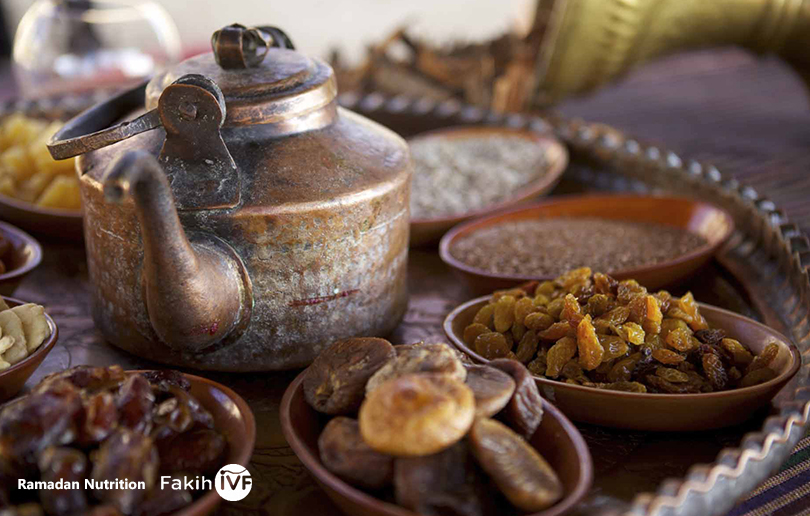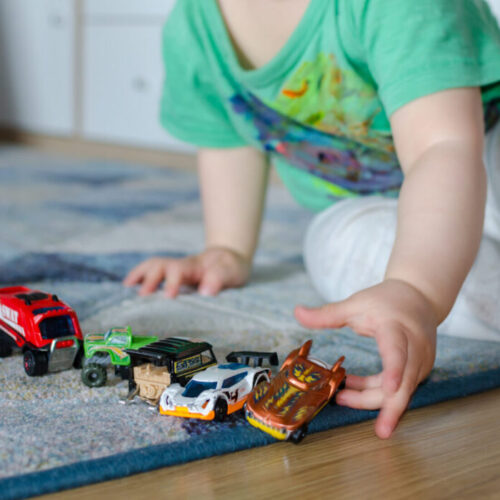Ramadan Nutrition
Sponsored Content by Fakih IVF
During the Holy Month of Ramadan, our routine, diet and sleeping patterns change. Sudden changes in dietary habits combined with long periods of daily fasting can have a bad effect on our skin.

What impairs skin health?
- Genes
- Smoking
- Excessive alcohol
- Sun exposure
- Poor diet
- Dehydration
- Lack of sleep
- Stress
Does eating better make you look better?
- There is NO proven magical food to cure or prevent skin problems
- There is NO strong evidence for the correlation between chocolate and acne
- Sugar-loaded desserts may cause pimples
- A balanced and varied diet filled with most food groups helps with skin elasticity and luster
- Exercise improves blood flow to surface of skin
Vitamin A prevents skin dryness
- Sources: carrots, green leafy vegetables (mloukhiyeh, spinach, tabouleh) and sweet potato
B complex vitamins assist in premature aging and early wrinkle prevention
- Sources: meat, legumes and whole grains
Vitamin E minimizes the appearance of wrinkles and enhances cell regeneration
- Sources: nuts, seeds and vegetable oils
Vitamin C assists in skin integrity and glow
- Sources: yellow and green vegetables such as peppers, broccoli, orange and citrus fruits
Other Antioxidants – zinc and selenium
Protect and repair skin cells from pollutants
- Sources: meat and seafood
Omega-3 fatty acids assist skin preservation
- Sources: fish, flaxseed, nuts and seeds
Dehydration
Lack of liquids, heat, humidity and air conditioning may all speed up sweat evaporation in the skin, making it look dull and break out
Requirements
- 2 – 3 L/day for adults – 6 to 8 cups after Iftar + 2 cups at Suhur
- Limit caffeine – a diuretic, which encourages faster water loss, leaving a less than ideal amount of water in the body
Break your fast with:
- 2 cups of water
- Warm water + honey + fresh lemon
- Bowl of soup
- Fresh salad and yogurt
Physical Activity
Training while fasting can be more detrimental than beneficial, because of dehydration and low energy:
- 2-3 hours after Iftar – IDEALLY!
- Otherwise, an hour before Iftar
- 30 min. brisk-walk after dinner for fresher skin
Keep your skin GLOWING
- Clean, tone, exfoliate and moisturize face and body. This removes dead skin, restores the skin’s natural minerals and balances oil production
- Eye cream – minimizes dark circles
- Night cream – for a healthy, nourished skin by day
- Apply sunscreen
- 7- 8 hours of sleep
By: Ayla Coussa
Clinical Dietitian, Fakih IVF











Comments